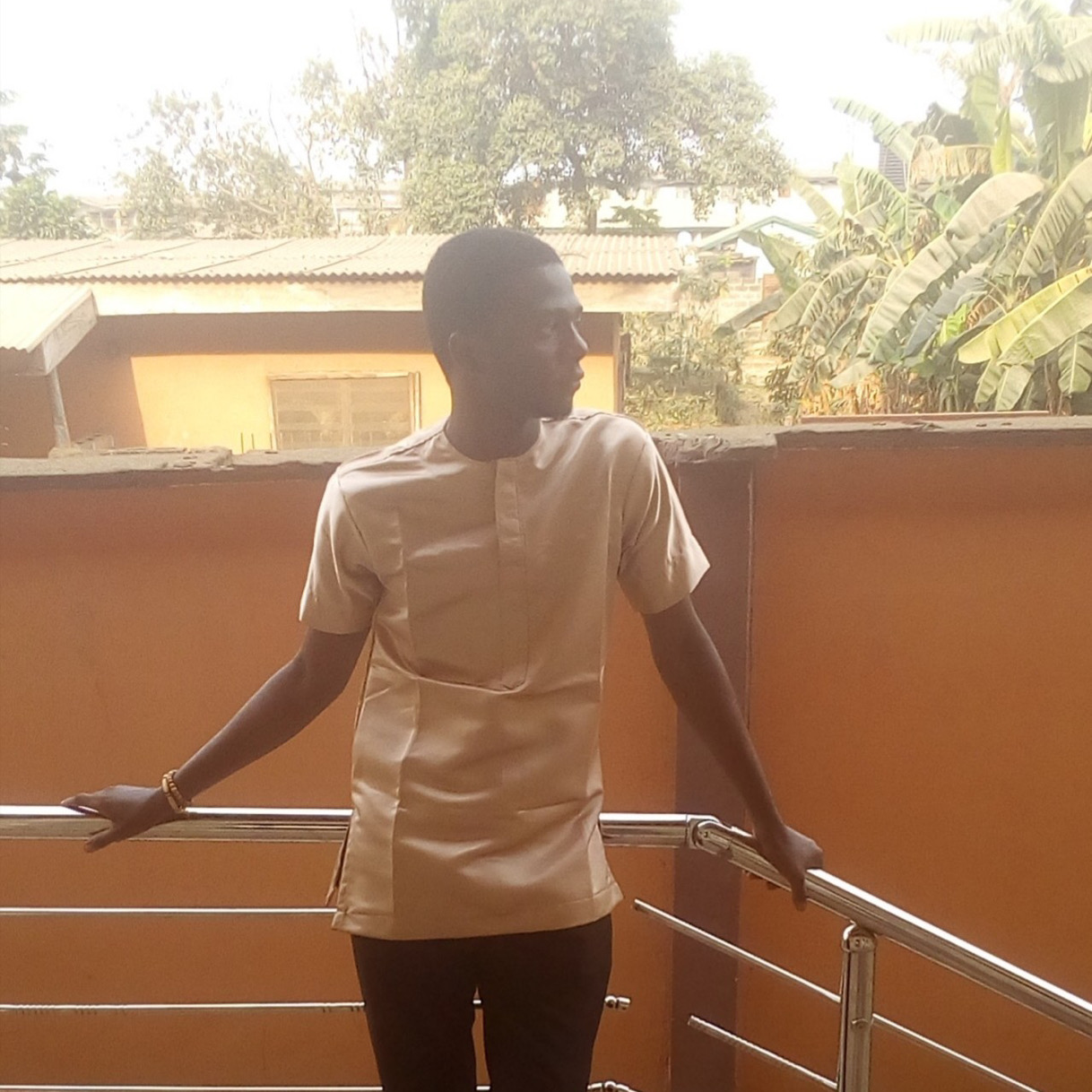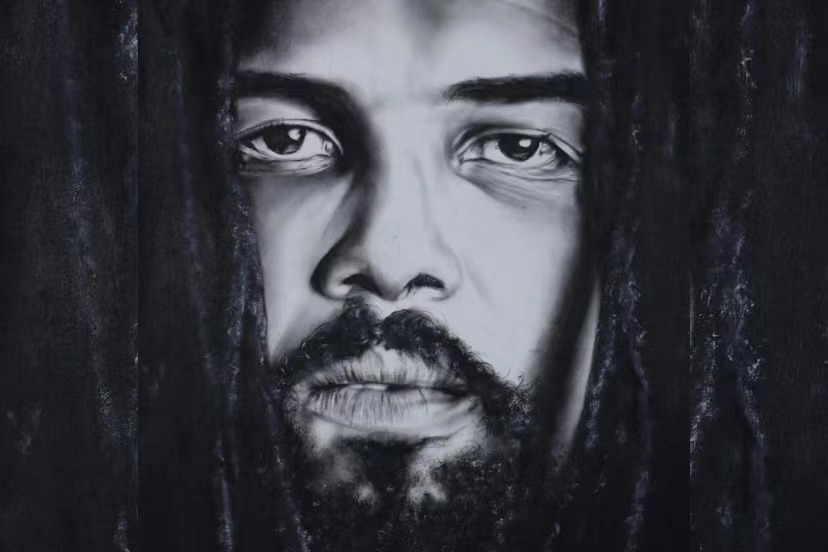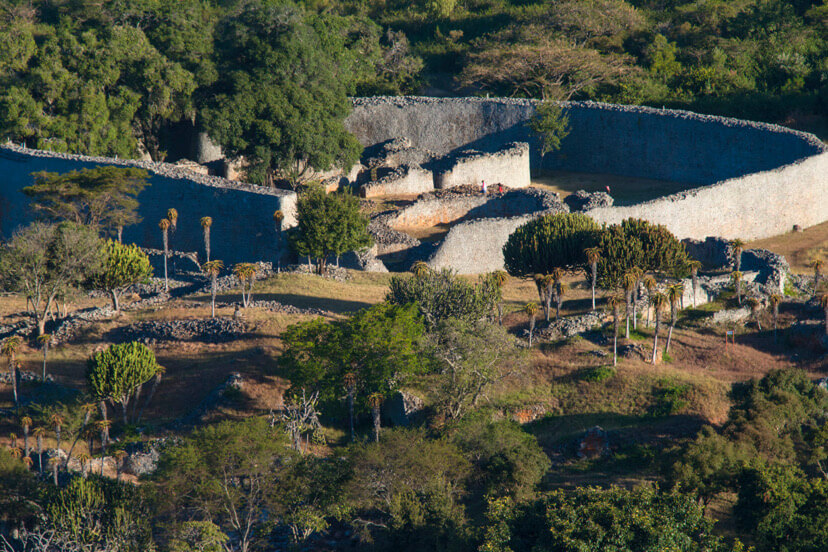I'm a writer, journalist and teacher. I'm amongst the selected and exhibited artists for VIOREMEN, NLACC against irregular migration, Abuja 2020; a contributory poet for “84 Delicious Bottles of Wine for Wole Soyinka”; longlisted for Libretto magazine Chapbook Publication, 2020, and has other publications elsewhere. I'm a lover of arts, travel and a culture enthusiast.
“When I visit a new place, I try to know the names of the natives and pronounce them well.” This was what the puckered-face tanned skinned court attendant told me in the city the day I came for my name change.
“You know I am new here,” he said, head bowed, flipping through a pile of files, in search for the change of name document- “and I hear that this region has lots of cultures and funnily enough, I have heard about the “Mole people” for their uniqueness.”
“Ah han, here is it” He exclaimed, brandishing the sheet forward like an excited secretary on the first day at a desk trying hard to impress. And he waited on me as I took a read at the sheet, reading the requirements for the change of name and checking through my portmanteau if I had brought the needed documents.
I came from Twane, the smallest clan amongst the seven clans surrounded by seven hills of Mubasi where everyone has “Mole” ending their names. My clan is the smallest of these seven clans; everyone lived like brothers and sisters. Some historians called us the incestuous clan because we believed every child in the clan could trace their ancestry to the founding parents, Mapomole and Twamole, the siblings who fled from Tampaya, because of the strangeness of loving each other then their vowed to marry. And our practice of consanguine marriages strictly between cousins also reinforced this incestuous narrative. So, it is not uncommon to hear us being called the “Mole Clan” or the “Mole People”.
For example, my mother's name is Shomole, my dad is Tsahomole, and they are both third-generation cousins.
And apart from the “Mole” name suffixation, we all have the belly scarification, which was a common thing to see on the bellies of the people from the seven clans- the unification symbol of the seven hills of Mubasi.
Three years ago, when I went to school in the Capital, there I had my share of what the other boys and girls had told me of the name-shaming and body-shaming. It started first in the class when the stout jaundiced-looking House Master called me “Thatomole Tsahomole”. He scoffed and mocked the rhymed syllables in my names.
He bellowed, “another boy from the Hills, with no other thing but Mole as a name.” He slurred the “Mole”, pouting his lips to form a rotund disgust shape and the facial look cracked all the boys who had stood in line waiting for their name call.
I buried my head in shame while the boys gawked at me yet was not unsurprised because the other boys who had gone to the City Schools had told me a snippet of this name mockery.
The scarification was the other. While we stripped ourselves under the shower for the morning bath, a city boy screamed, seeing my belly, and I was embarrassed till the hard-on I initially had seeing his butt clenched went flaccid.
So like the other boys, it was a resolution to have a name change once I am eighteen, and a change of name means defiance to Twane’s culture.
When I clocked 19, I set for the city, Madupo where a court is -the rebirth home as the other defiant boys and defiant girls-who happily married other clans and city men called it to have my own rebirth.
“Madupo is the nearest city to get your rebirth. The Madupo Court is on the dusty road, you cannot miss it and name affidavits and it costs only two Penso,” Eliot whose previous name was Malomole told me.
“Just two Penso, okwilacha! You are reborn.” He exclaimed in our native tongue, smacking his lips while he flicks his index finger resting on his crooked thumb.
I thought, so two Penso was all I needed for my rebirth? I gave a throaty laugh thinking about the ridiculously cheap fee.
As Malomole who now answered Eliot twirled his body away as he rode away on his rickety bicycle, I glistened on the anger Eliot bore whenever anyone calls him his old name which he said was a dead name. I thought once I return, “I would have that same rage and a dead name.
So when this man asked me "boy, what is your name?” I felt for a sec to tell him the new name I had doodled the previous night, the name that would give me a range just like Eliot’s and the girls who happily married city red skinned men and the capital big bourgeoisie who had been schooled overseas and would ignore your platitudiness if one do not address them as Mme so and so.
But I chickened out, stuttering my would-be dead name, while I scanned through the change of name form.
"I am Thatomole Tsahomole sir. “I replied and my soon-to-ebb-away- name felt clunky along my cord.
He ogled at me and gave a smile that spread like a yellow banana on his face. And while I was waiting for the familiar snickering he replied.
“Wow, what a beautiful name with reverberating syllables.”










{{username}}{{commentConvertedTime}}
{{commentText}}